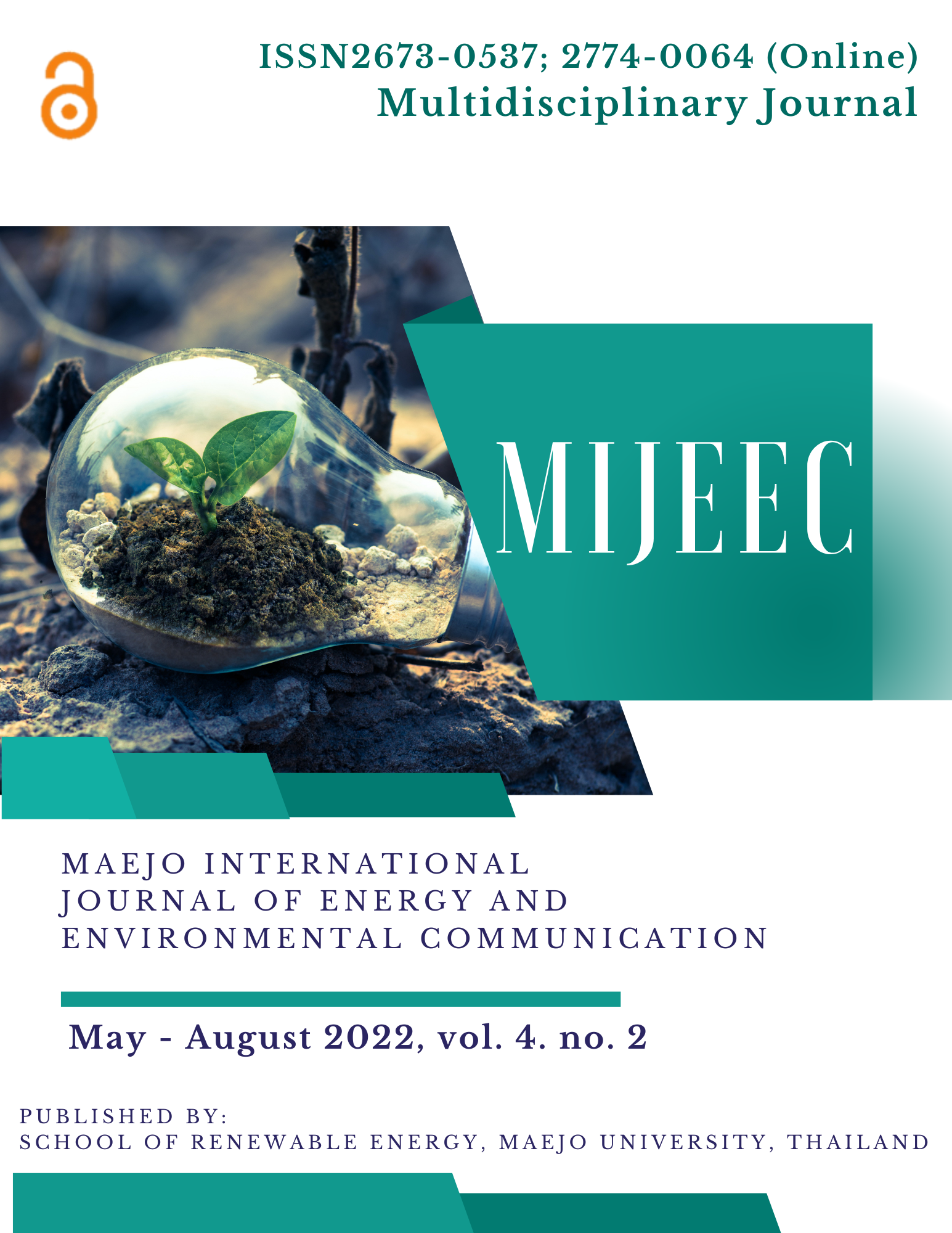Providing electricity access for unelectrified people in remote areas: demonstrated to a case study in Libya
Main Article Content
Abstract
Power generation in rural areas of the world, whether through renewable energy sources or grid expansion, is critical to increasing the monetary value of life. The cost of extending the national grid or installing off-grid systems is determined by a variety of factors, including the area's location, geography, population, distance from a grid point, and land size. Due to their cost-effectiveness and ease, off-grid rural electrification systems that incorporate a variety of renewable energy sources (RESs) have become unavoidable in areas where grid connectivity is neither available nor feasible. A hybrid combination of renewable energy technologies (RETs) has demonstrated to be a viable alternative to costly grid extension in remote areas throughout the world. The purpose of this study was to plan and assess the techno-economic feasibility of providing electricity to rural Enttelat in Libya using renewable energy sources, considering 70 houses with a combined load of 875 kWh/d. Three significant outcomes were obtained because of the techno-economic design using the HOMMER tool. These three primary outcomes were chosen for their resource availability and cost-effectiveness. When several input parameters such as annual average load, scaled annual average solar resource, wind speed, annual real interest rate, and solar PV and wind component prices were varied, the sensitivity analysis revealed that hybrid system solar PV-wind renewable resource has a high potential, especially if the location is remote from a grid source.
Article Details

This work is licensed under a Creative Commons Attribution 4.0 International License.
Copyright © 2019 MIJEEC - Maejo International Journal of Energy and Environmental Communication, All rights reserved. This is an open-access article distributed under the terms of the Creative Commons Attribution-NonCommercial- Attribution 4.0 International (CC BY 4.0) License






